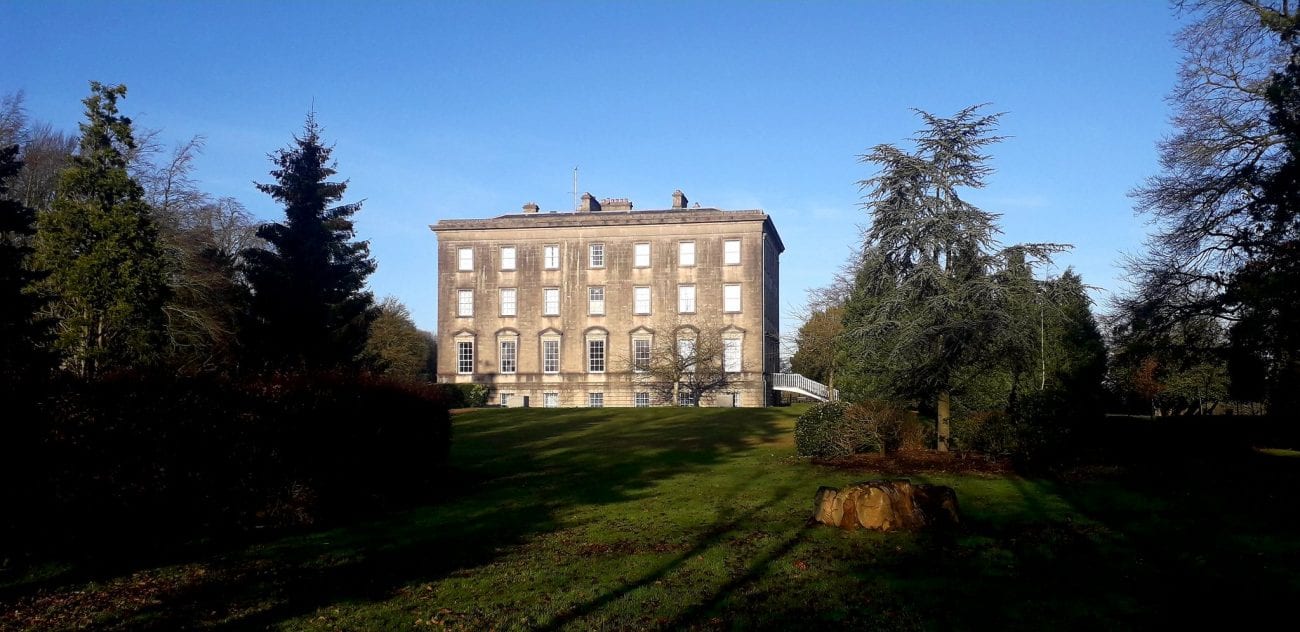
An urgent financial review is underway as Armagh City, Banbridge and Craigavon Council wrestles to save a whopping £10 million shortfall as a result of Covid-19.
Nothing is being ruled in or out as the sweeping study will explore all avenues in a bid to make vital savings.
The exercise – which council has pigeon-holed as a ‘financial review and transformation project’ – is to address “immediate and long-term financial pressures”.
The ‘reform of service delivery’ places question marks over jobs while the ‘future of council estates’ could mean the potential sale of buildings and assets; these are two of the areas which will be scrutinised under the money-saving microscope.
Council says the review will “ascertain potential efficiencies in expenditure that are needed to address the £10 million budget deficit facing council in this financial year” as well as “projected budgetary shortfalls for the incoming financial year 2021-2022”.
Lord Mayor Kevin Savage said: “As with all reviews this is not merely about making cuts, it is about taking the opportunity to progress as an organisation, modernise services and transform operational practices through cost-effective measures.
“Ultimately this review will enable council to capitalise on the knowledge gained throughout the pandemic, to enable operational transformation of services into the future.
“Our aim is to make cost saving now to address our immediate deficit, and look to the longer term with strategically focused investment to modernise our service provision.
“Post the Councils merger in 2015 there has been an acknowledgement that greater rationalisation of expenditure is required to consolidate and perform more cohesively as an organisation.
“There is no doubt this is significantly challenging both politically and financially, however with a greater emphasis on collective thinking, there is the ability to reform as an organisation and move progressively forward to benefit the citizens and businesses of this borough.”
Council says the review project has been “developed to provide a sustainable footprint for council, by adapting its delivery model to reflect the changing economic and environmental landscape of the future”.
It adds: “Key decisions relating to the future of council estates, reform of service delivery, partnership arrangements, and current operating models are all being financially assessed.”



